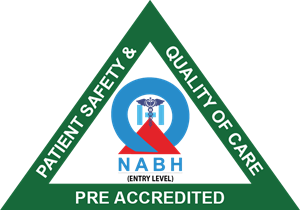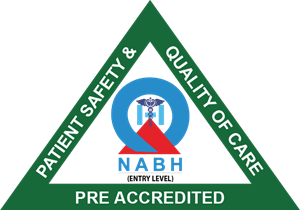Pre-menstrual syndrome (PMS) affects a significant number of women, with symptoms that can vary from mild to severe.
This condition occurs between ovulation and the start of menstruation and can last until a few days after the period begins.
It impacts nearly 48% of women of reproductive age, with about 20% experiencing symptoms severe enough to disrupt their daily lives.
What Are the Symptoms of PMS?
Emotional and Behavioral Symptoms: PMS can bring about various emotional and behavioural changes. These include:
- Anxiety and Restlessness: Feeling unusually anxious or on edge.
- Irritability and Anger: Experiencing heightened anger or irritability.
- Appetite Changes: Increased cravings for sweets and other food changes.
- Sleep Disruptions: Problems such as fatigue or trouble sleeping.
- Mood Swings: Sudden mood changes, tearfulness, or uncontrollable crying.
- Decreased Sex Drive: A noticeable drop in libido.
- Concentration Issues: Difficulty focusing or remembering things.
Physical Symptoms: In addition to emotional changes, PMS often includes physical symptoms such as:
- Abdominal Bloating: Feeling of fullness or swelling in the abdomen.
- Cramping: Discomfor or pain in the lower abdomen.
- Breast Tenderness: Swollen and sore breasts.
- Acne: Breakouts or worsening of skin condition.
- Digestive Changes: Either constipation or diarrhoea.
- Headaches: Frequent or intense headaches.
- Back and Muscle Pain: Discomfort or pain in the back and muscles.
- Sensitivity to Light or Sound: Unusual sensitivity to light or noise.
- Clumsiness: Increased tendency to be clumsy.
How Long Does PMS Last?
PMS symptoms typically begin after ovulation and last until a few days after menstruation starts.
The duration and intensity can vary between individuals and cycles.
What Causes PMS?
The precise cause of PMS is not entirely known, but it is thought to be linked to hormonal fluctuations throughout the menstrual cycle.
Variations in estrogen and progesterone levels are believed to play a role in the symptoms experienced.
How Can You Manage PMS Symptoms?
Managing PMS often involves a combination of lifestyle changes and, in some cases, medical treatment. Here are a few strategies:
- Diet and Exercise: Balancing a healthy diet and regular exercise can help alleviate symptoms.
- Stress Management: Meditation, yoga or deep breathing exercises can reduce stress and improve mood.
- Medication: A healthcare provider may prescribe over-the-counter pain relievers or hormonal treatments to manage severe symptoms.
If you’re struggling with PMS symptoms, consider tracking them and discussing them with your doctor.
Early intervention and tailored strategies can significantly improve your condition.
Take charge of your well-being by monitoring your PMS symptoms and seeking support from your doctor.





